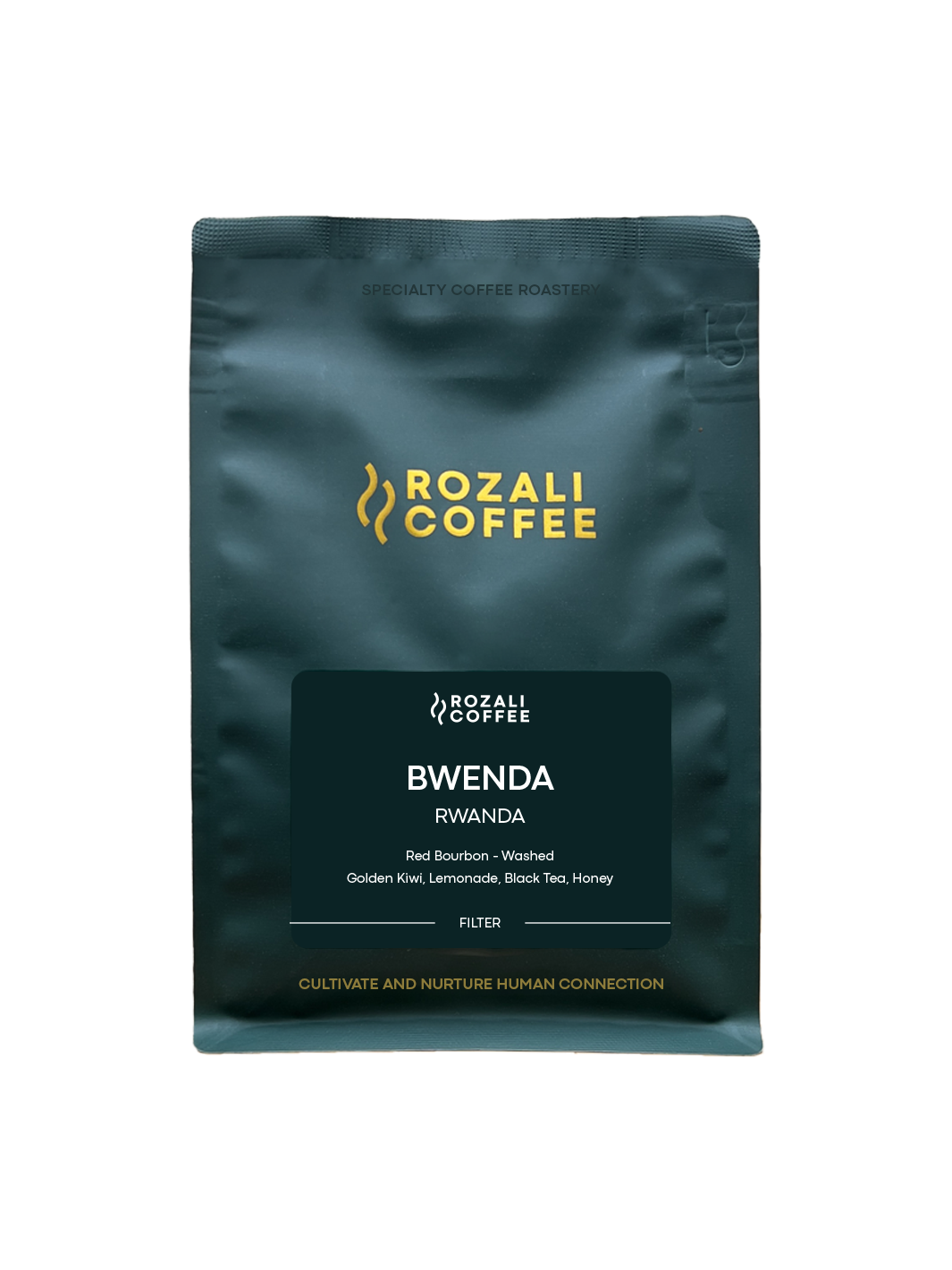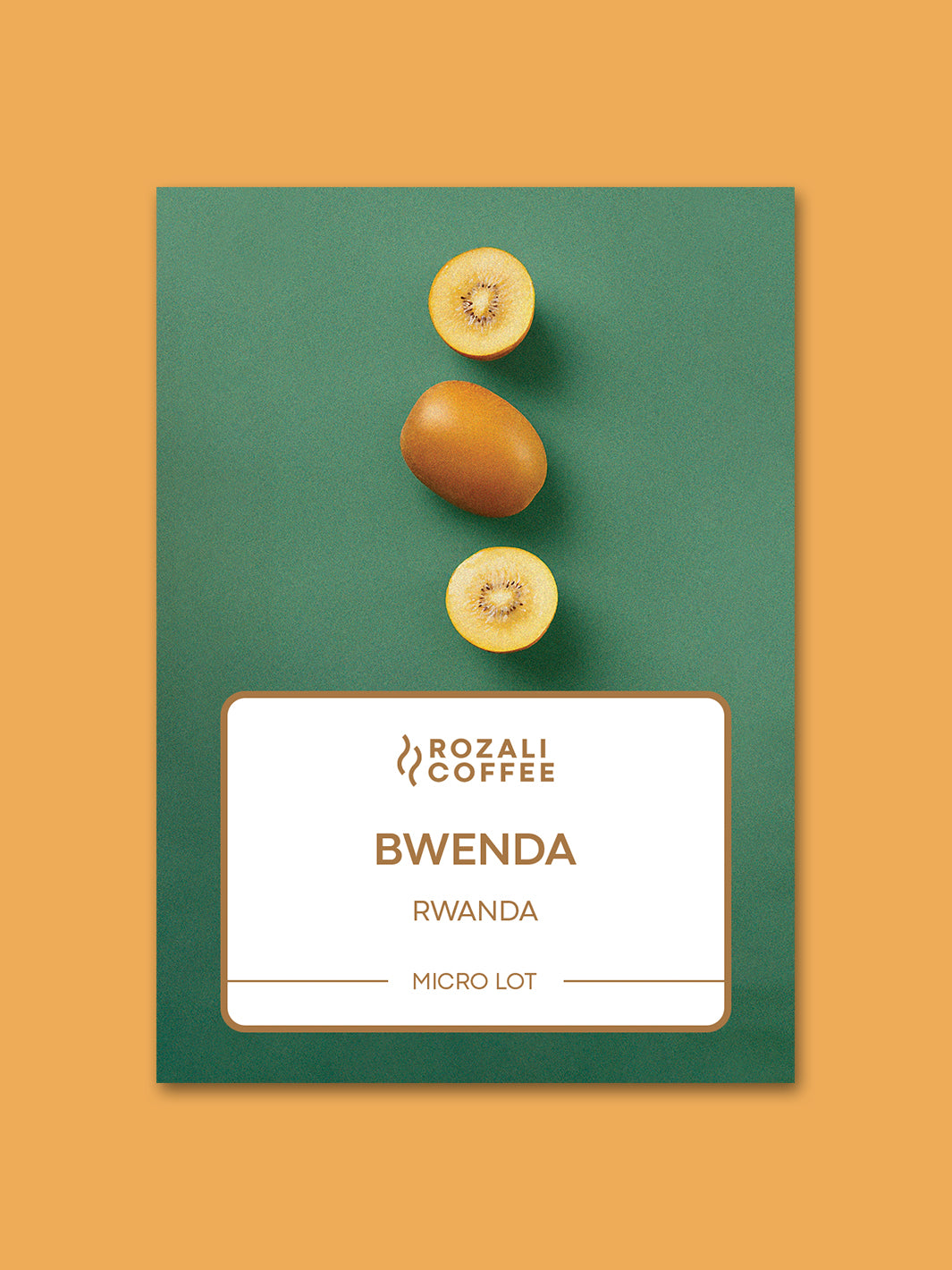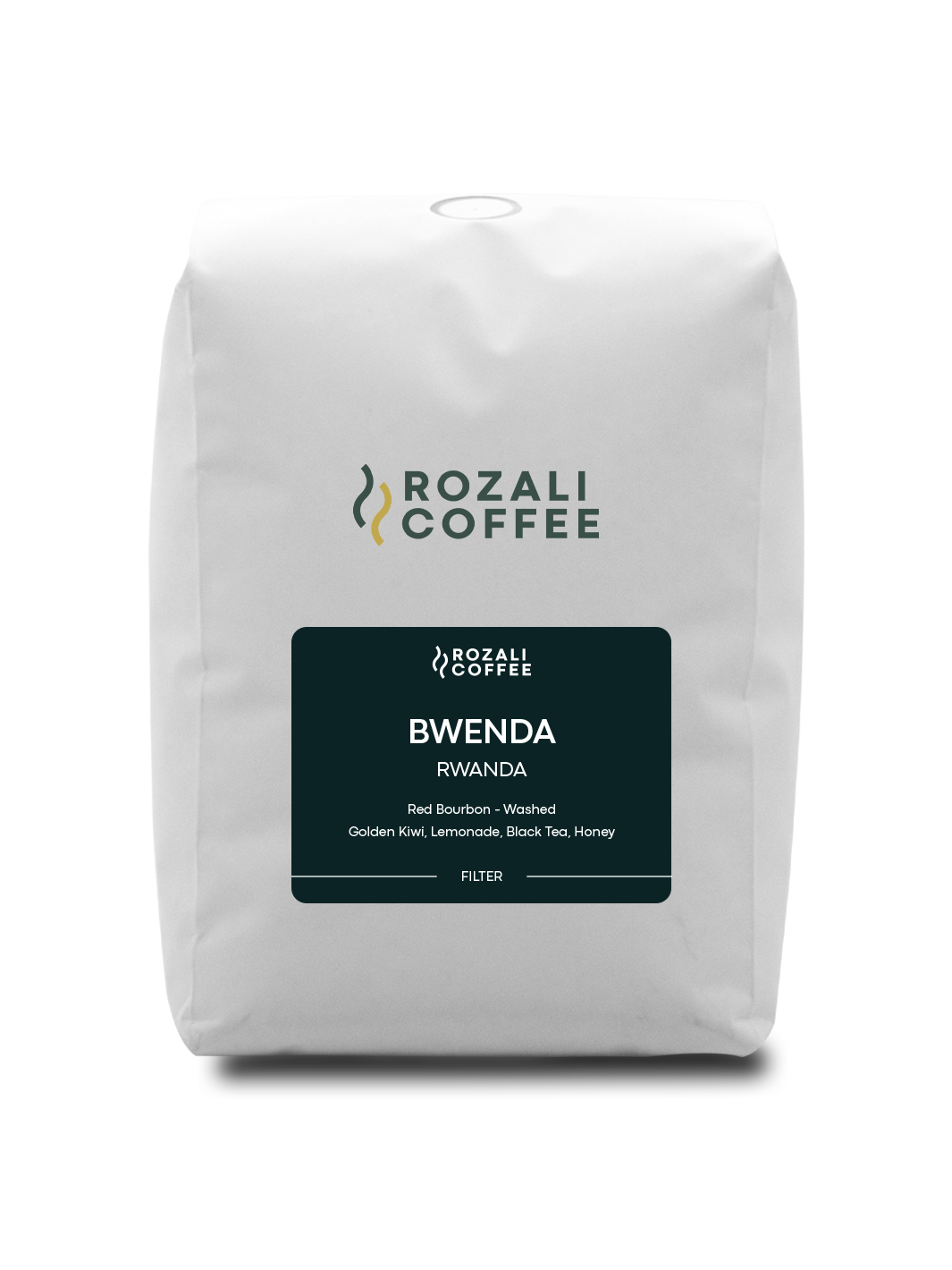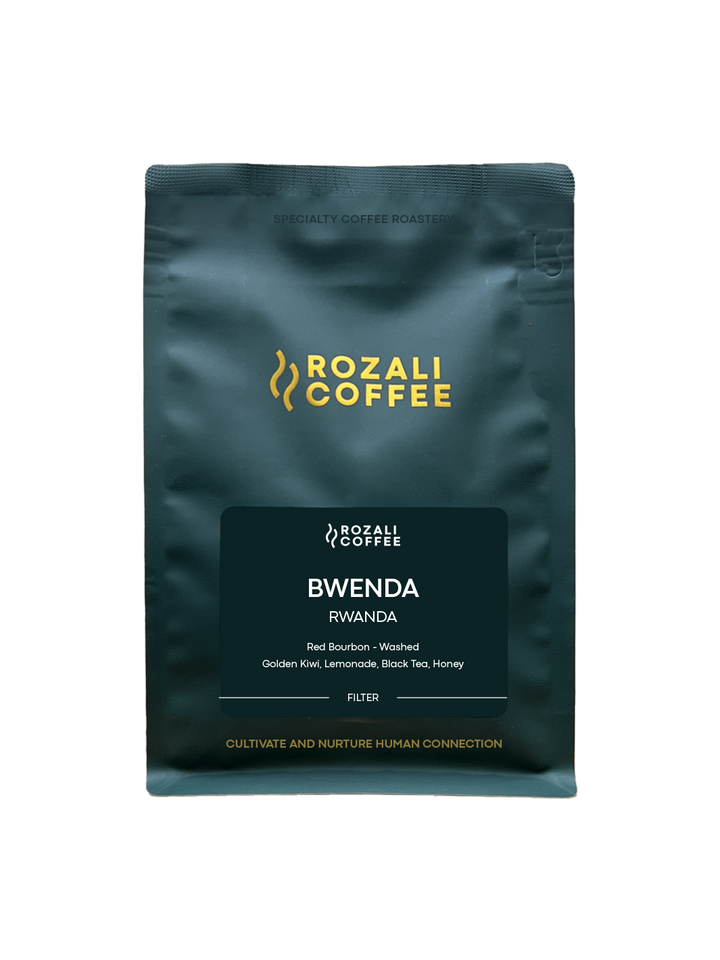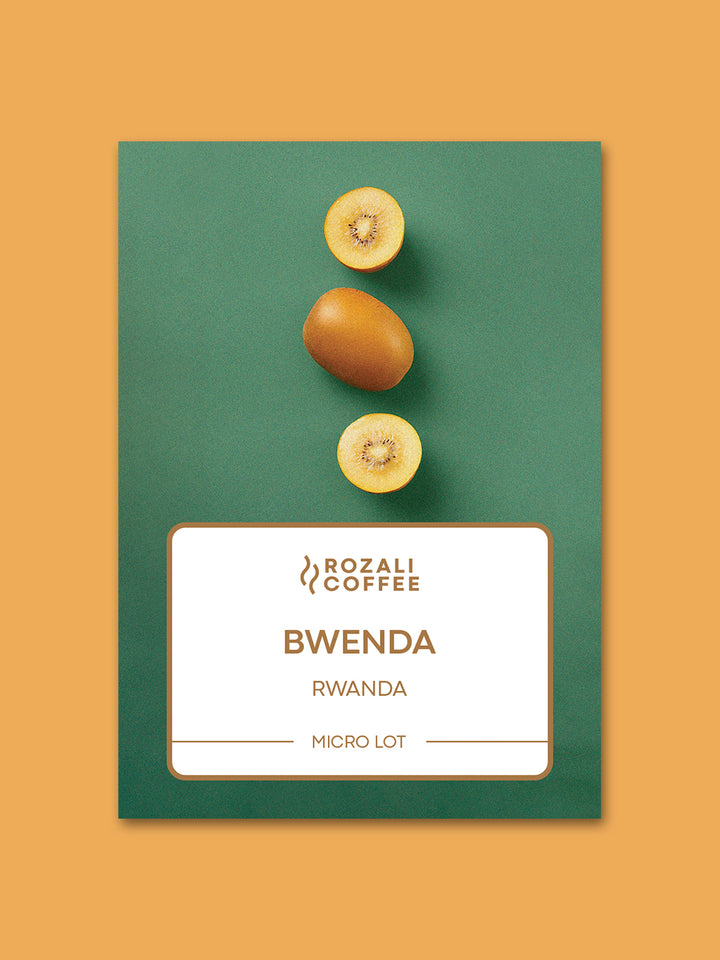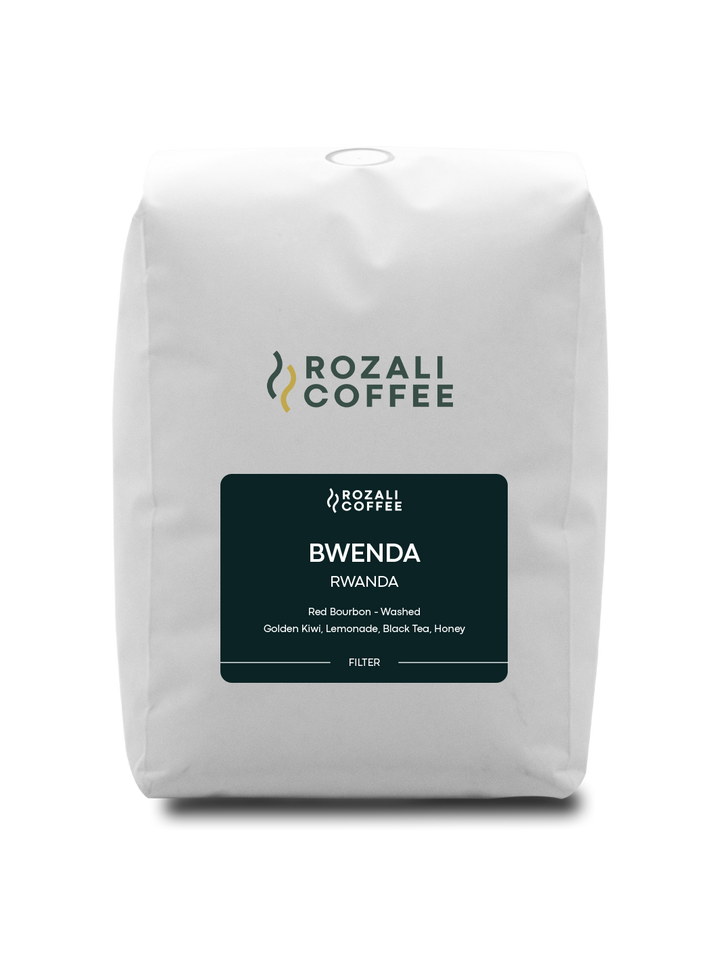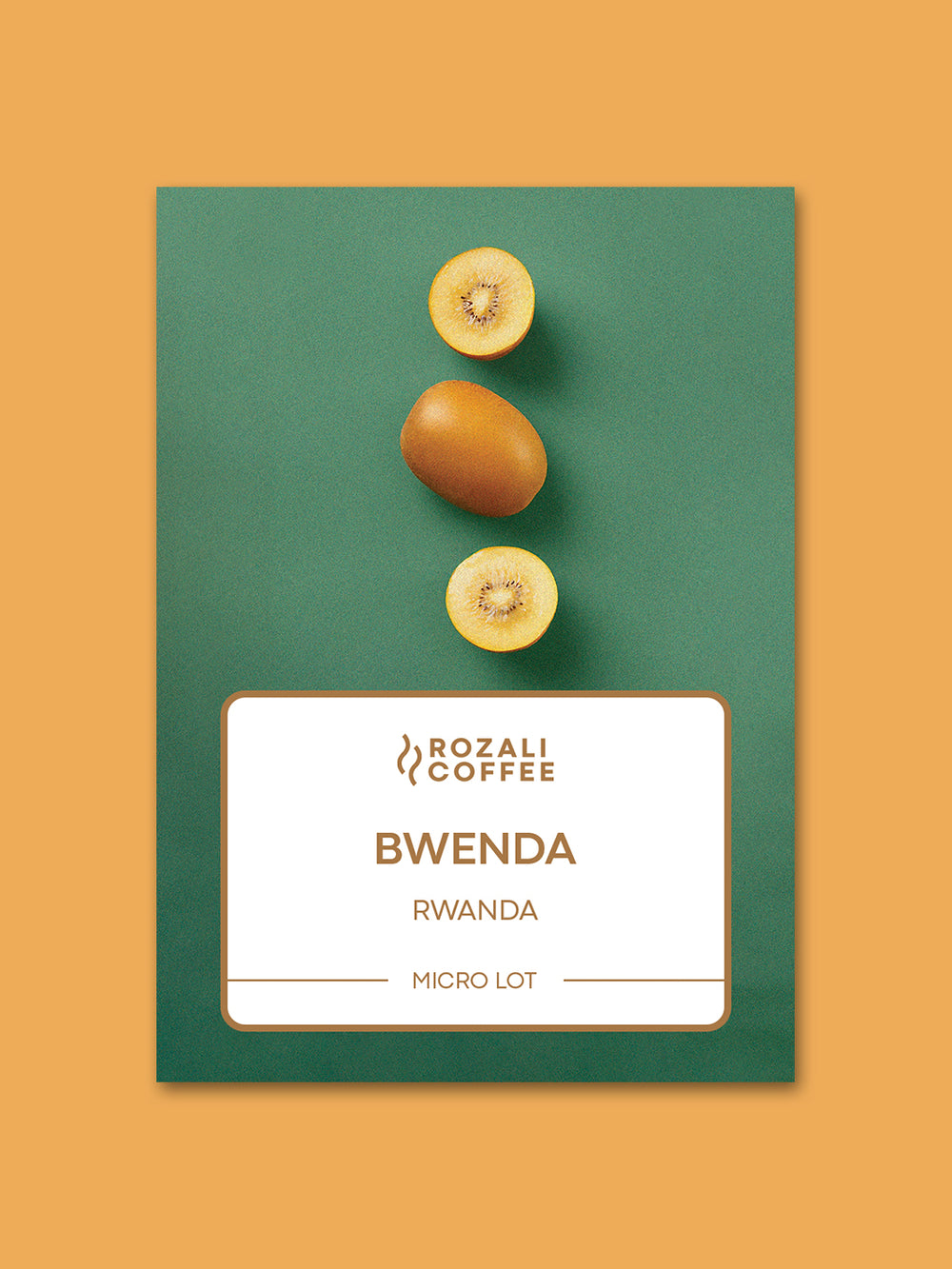Bwenda Washing Station
The Bwenda washing station is located 187 km southwest of Kigali city, in the Kibumbwe sector, northwest of Butare. It occupies a small area of 2-3 ha and was established by the Rwanda Trading Company (RTC) in 2019. The station takes its name from the cell of land it resides on. The manager, Eric, who resides in nearby Huwe, is one of three full-time employees at the station and has been managing it since RTC took ownership. During harvest season, the station also provides seasonal work for around 60 casual workers.
At the Bwenda washing station, women comprise about 85% of the workforce due to their exceptional skills.
In 2022, 1600 smallholder farmers from Bwenda contributed cherry to the station. The farms ranged from 100 to 7000 trees (around 3 hectares) and were located 0.5 km to 4 km away. The majority of farmers are between the ages of 30 and 60, with around 25% being either elderly or under 25.
To facilitate the contribution of cherry despite issues of mobility or access to the station, the site provides collection points and site collectors who gather cherry from across 20 locations. Collectors inspect and weigh deliveries of cherries and pay the farmers immediately.
Moreover, the station provides farmers with organic EM2 compost comprising recycled cherry pulp and animal manure. All 1600 farmers using Bwenda have completed or received financial management training, which is just one aspect of RTC's comprehensive training program. This training has enabled farmers to make significant savings and improve their overall financial management skills.
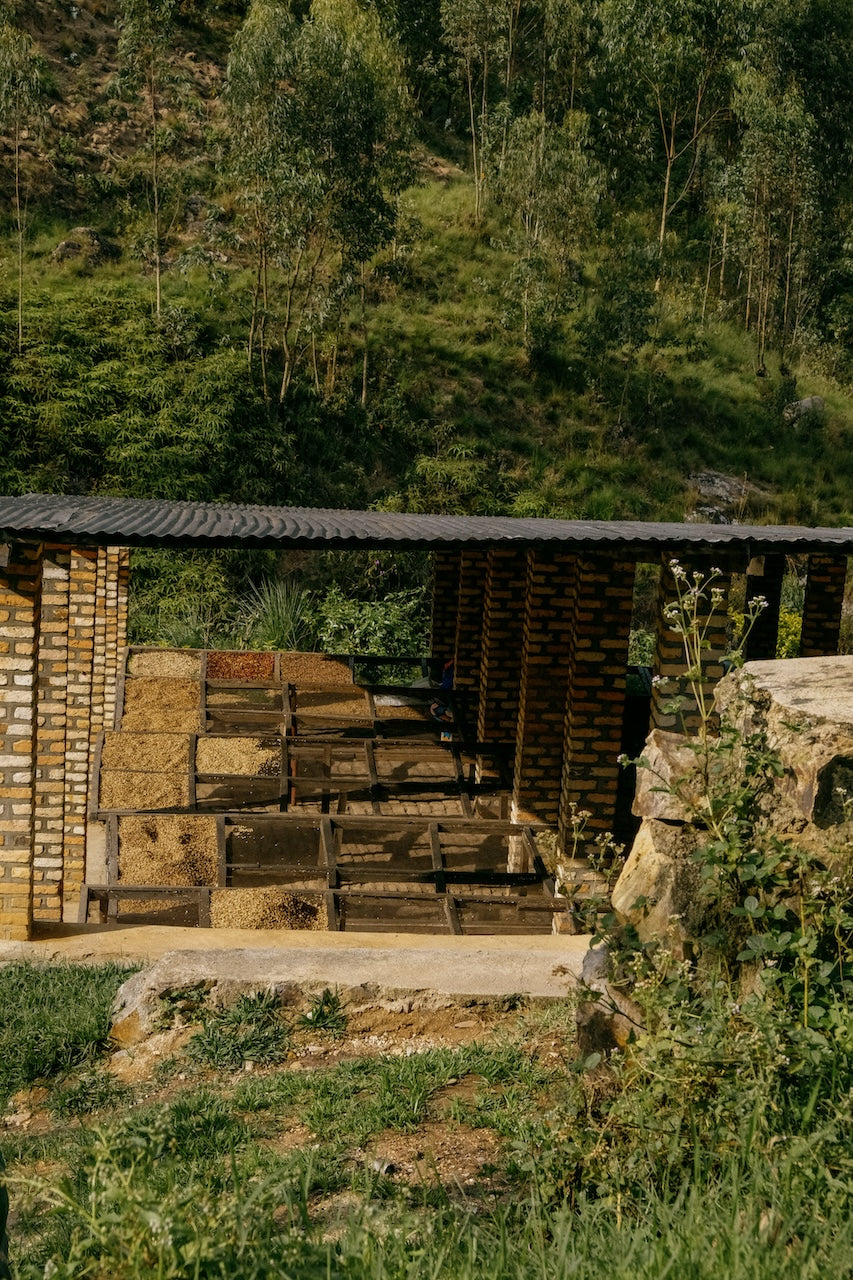
At the Bwenda washing station, women comprise about 85% of the workforce due to their exceptional skills.
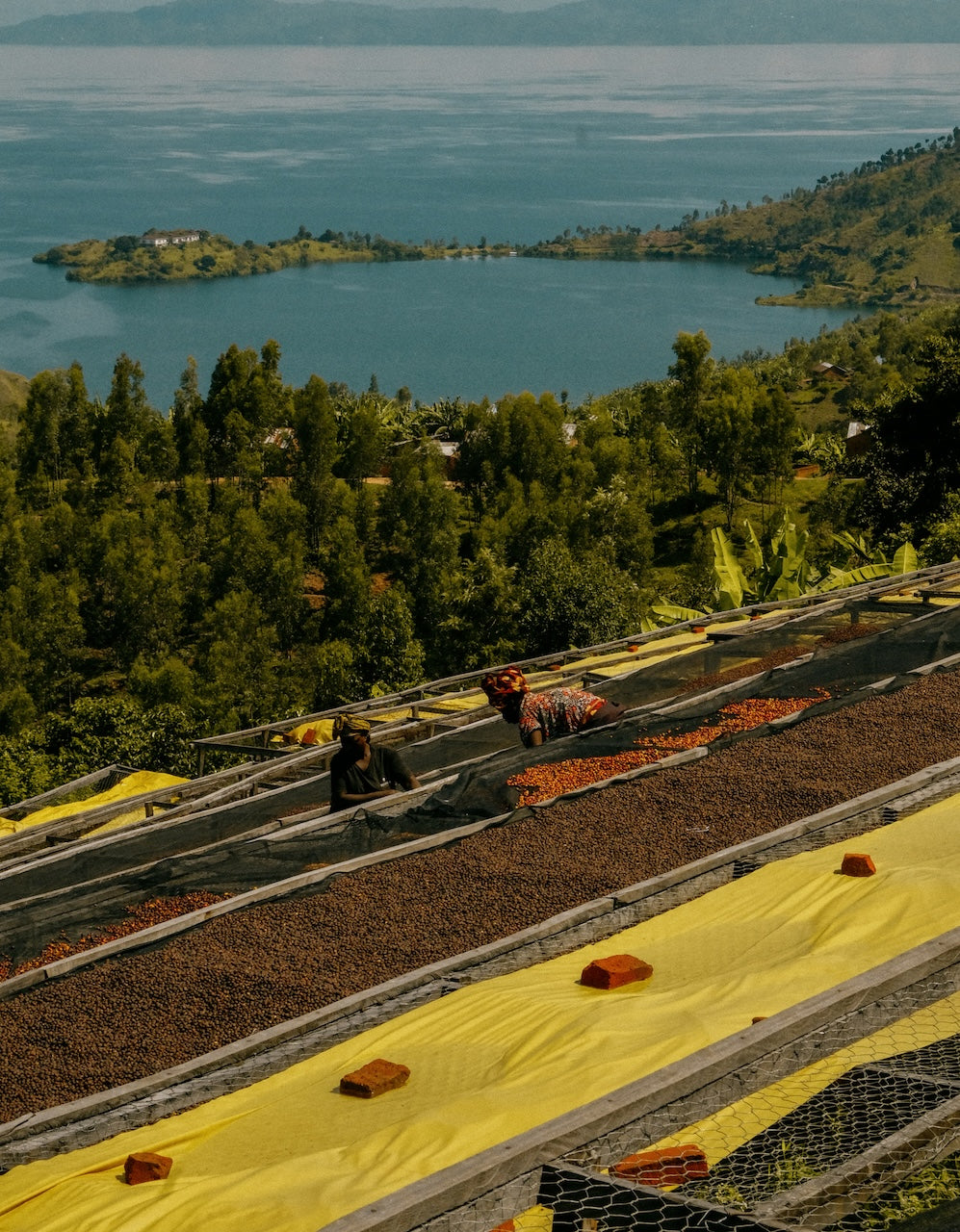
Rwanda
Since the introduction of coffee trees to Rwanda by missionaries in 1904, coffee has progressed to become one of the country’s largest cash crops. About 95% of beans are the high quality Arabica varietal Bourbon, with a silky creamy body and hints of lemon and orange blossom, and caramel in the aftertaste.
A patchwork of 450,000 small growers produce coffee all across Rwanda, but visits are primarily centred around Gisenyi, near the shores of Lake Kivu. Some farmers’ cooperatives and washing stations offer tours explaining the coffee process through the year. The coffee-covered hillsides shimmer green throughout the year, with the coffee cherries turning a deep cranberry red when the harvest is ready, usually between February and May.
Coffee growing region
Lake Kivu
Lake Kivu is the most abundant of Rwanda’s five coffee-producing regions. It lies right on the border with the Democratic Republic of the Congo at a high elevation of 1,500 masl. The rich volcanic soils and rolling green hills of the Lake Kivu region yield earthy and chocolaty.
The coffee here grows in Gisenyi, Nyamasheke, Kibuye, Cyanungu and Butare, accounting for the bulk of Rwanda’s production – a whopping 5,000 metric tons yearly.
Virunga
Here, the cherry and bean ripen slowly due to the high altitude of 1,500-2,000 masl. A complex bean with lively acidity results thanks also to the volcanic, mineral-rich soils and cool low-oxygen environment.
Muhazi
Muhazi is in eastern Rwanda at 1,200-1,500 meters above sea level. The volcanic soils, abundant rainfall and pure lake waters from Lake Muhazi all go to create a one-of-a-kind coffee. Rwanda’s famous Bourbon Arabica coffee plant grows here, producing large, colorful fruit.
Akagera
Akagera lies in the southeast of the country, bordering Tanzania. At 1,200-1,500 meters, this region is famous for its fertile, rich soil and low mountains. Due to the lower elevation and rainfall patterns(compared to western Rwanda coffee regions), Akagera coffees are earthier and lower in acidity, ideal for the perfect cup of dark roast.
Kizi Rift
Kizi Rift lies at an elevation of 1,800-2,000 meters. It runs from the majestic volcanic Virunga mountains in the heart of the country to the abundant Nyungwe rainforest. The mineral-rich volcanic soils produce some of the best Rwanda coffees – balanced, smooth and clean with delicate floral aromas.



